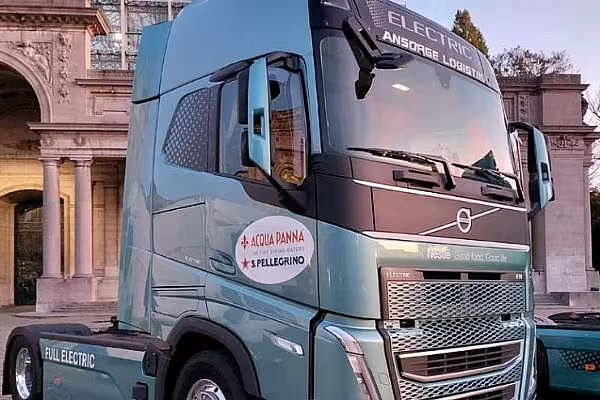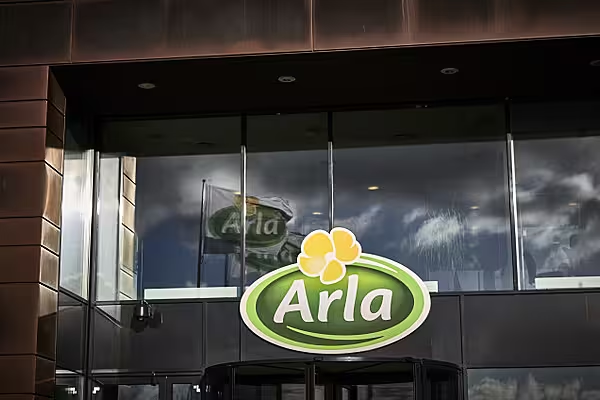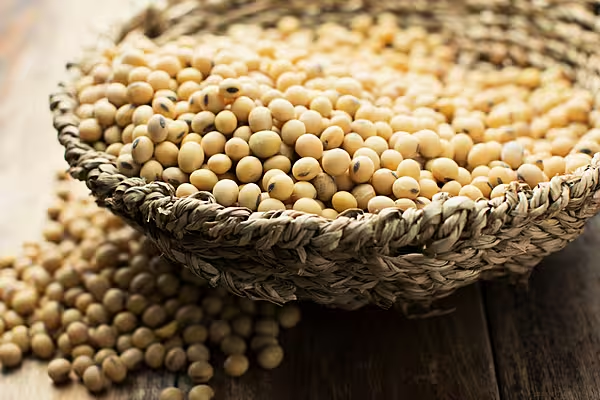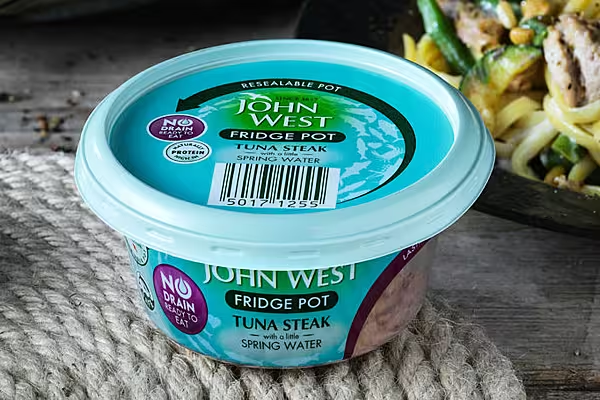Food giant Nestlé has announced plans to invest over CHF 100 million (€101 million) by 2030 in low-carbon logistics for its three international water brands – S. Pellegrino, Acqua Panna and Perrier.
The company will focus on optimising logistics routes and accelerating train transport, increasing the use of alternative fuels and transportation options, as well as testing alternative transport options.
Logistics and packaging account for a majority of Nestlé's international water brands' emissions, according to a lifecycle assessment peer-reviewed by environmental sustainability consultancy, Quantis.
Together with its logistics partners and customers, Nestlé Waters is reducing the number of truck journeys by optimising payloads and routes, Nestlé added.
It will offer customers fewer, but bigger, shipments and use more rail transportation across Europe, where Nestlé Waters has its biggest environmental footprint.
Rail Transport
By 2021, Nestlé Waters had moved 30% of its European logistics from road to rail.
In France, Nestlé Waters launched new rail routes for Perrier, cutting an estimated 12,000 tonnes of CO2 equivalent per year by the end of 2022.
The business is also collaborating with partners to introduce a hydrogen-powered train route in France by 2025.
According to Nestlé, the route will help reduce CO2 emissions by an estimated 10,000 tonnes per year – a reduction of 90% compared to its current figures, or the equivalent of more than 30,000 round trips from Paris to Nice by car each year.
The company has achieved emissions reduction ranging between 800 and 1,700 tonnes of CO2 by transporting the S. Pellegrino and Acqua Panna brands by rail.
Alternative Fuels
Nestlé Waters is also focusing on scaling up the use of biofuels, including Bio-LNG (liquefied natural gas made from processed organic waste), in trucks and other types of biofuels in ocean freight logistics to North America.
The use of biofuels requires a shift to bio-LNG -powered vehicles and the development of supply and refuelling infrastructure.
Nestlé Waters partners in Italy and Germany have started incorporating this technology in their logistics operations, the company noted.
The business is also testing full battery-powered electric vehicles in Europe to assess their durability and usability.
The pilot includes three new fully electric, heavy goods trucks (HGVs) in Germany, Italy and Switzerland.
"Transportation options like these can be a game-changer for the logistics industry, as up to now, electric solutions have been confined for use in smaller vehicles," said Svante Palebo, head of supply chain for Nestlé's water category in Europe. "Through investments in innovations that bring together businesses across the value chain, we will help the whole sector drive the systemic change needed to significantly reduce emissions in the future."
© 2022 European Supermarket Magazine – your source for the latest supply chain news. Article by Dayeeta Das. Click subscribe to sign up to ESM: European Supermarket Magazine.














